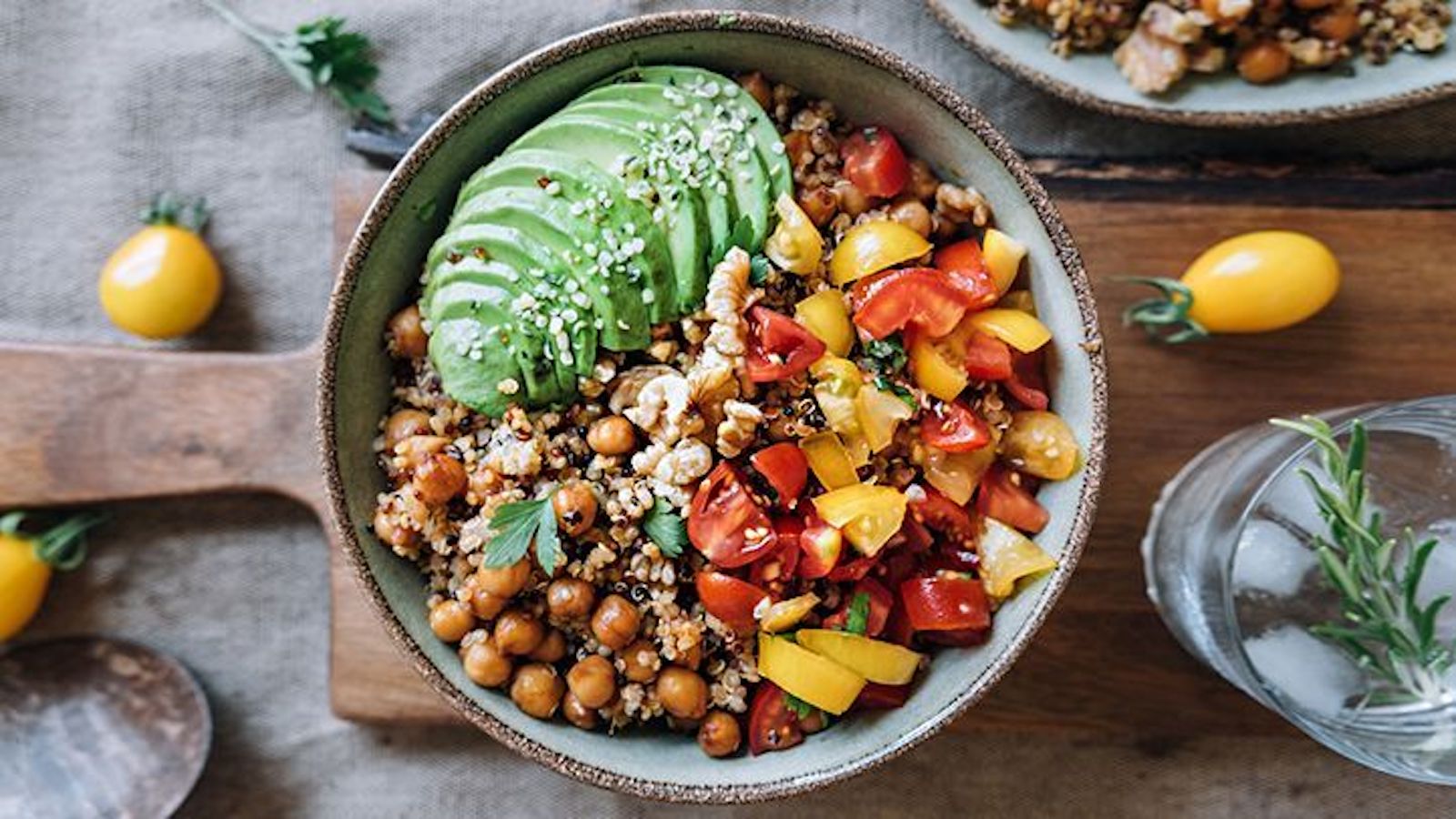A new study is shining the spotlight on the role diet plays in fighting colon cancer. The research found that men can reduce the risk of bowel cancer by 22% by eating a diet rich in vegetables, whole grains, nuts, and legumes.
This study, published by BMC Medicine, involved the observation of 79,952 men and 93,475 women living in the United States. The men in the group were, on average, 60 years old, and the women were about 59 years old at the beginning of the study.
Colorectal Cancer (CRC), or colon cancer, is the third leading cause of cancer-related deaths in men and in women and the second most common cause of cancer deaths overall.
Officials estimated that 52,580 deaths would occur this year in the U.S. due to CRC. The lifetime risk of developing colorectal cancer is about 1 in 23 for men and 1 in 25 for women, according to the American Cancer Society.
Researchers in the study evaluated the participants’ risk of CRC based on three plant-based diet scores: overall plant-based diet index (PDI), healthful plant-based diet index (hPDI), and unhealthful plant-based diet index (uPDI). The researchers followed up with the study subjects for just over 19 years.
“Although previous research has suggested that plant-based diets may play a role in preventing colorectal cancer, the impact of plant foods’ nutritional quality on this association has been unclear,” Jihye Kim, the corresponding author, said in a press release. “Our findings suggest that eating a healthy plant-based diet is associated with a reduced risk of colorectal cancer,” she continued.
However, the study did not identify a significant decrease in CRC risk among women who ate a healthy plant-based diet.
“As men tend to have a higher risk of colorectal cancer than women, we propose that this could help explain why eating greater amounts of healthy plant-based foods was associated with reduced colorectal cancer risk in men but not women,” said Kim.
The authors suggested that further research is needed to investigate how genetic and environmental factors may influence the relationship between plant-based food consumption and colon cancer risk in various racial and ethnic groups.






